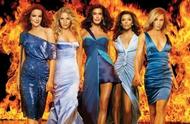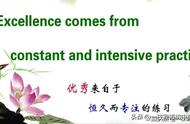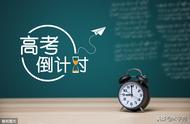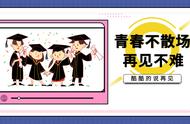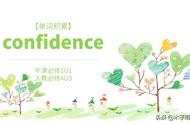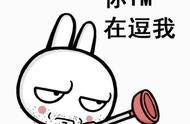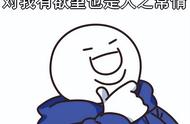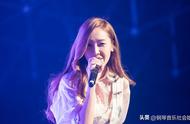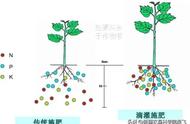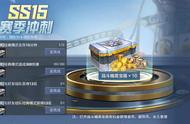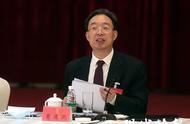本文转自:英语世界


《呐喊》自序
Preface to “Call to Arms”
(December 3, 1922)
文/鲁迅
译/杨宪益、戴乃迭
我在年青时候也曾经做过许多梦,后来大半忘却了,但自己也并不以为可惜。所谓回忆者,虽说可以使人欢欣,有时也不免使人寂寞,使精神的丝缕还牵着已逝的寂寞的时光,又有什么意味呢,而我偏苦于不能全忘却,这不能全忘的一部分,到现在便成了《呐喊》的来由。
When I was young I, too, had many dreams. Most of them came to be forgotten, but I see nothing in this to regret. For although recalling the past may make you happy, it may sometimes also make you lonely, and there is no point in clinging in spirit to lonely bygone days. However, my trouble is that I cannot forget completely, and these stories have resulted from what I have been unable to erase from my memory.
我有四年多,曾经常常,——几乎是每天,出入于质铺和药店里,年纪可是忘却了,总之是药店的柜台正和我一样高,质铺的是比我高一倍,我从一倍高的柜台外送上衣服或首饰去,在侮蔑里接了钱,再到一样高的柜台上给我久病的父亲去买药。回家之后,又须忙别的事了,因为开方的医生是最有名的,以此所用的药引也奇特:冬天的芦根,经霜三年的甘蔗,蟋蟀要原对的,结子的平地木,……多不是容易办到的东西。然而我的父亲终于日重一日的亡故了。
For more than four years I used to go, almost daily, to a pawnbroker's and to a medicine shop. I cannot remember how old I was then; but the counter in the medicine shop was the same height as I, and that in the pawnbroker's twice my height. I used to hand clothes and trinkets up to the counter twice my height, take the money proffered with contempt, then go to the counter the same height as I to buy medicine for my father who had long been ill. On my return home I had other things to keep me busy, for since the physician who made out the prescriptions was very well-known, he used unusual drugs: aloe root dug up in winter, sugar-cane that had been three years exposed to frost, twin crickets, and ardisia… all of which were difficult to procure. But my father's illness went from bad to worse until he died.

鲁迅像,黑白木刻(1961年,赵延年)
有谁从小康人家而坠入困顿的么,我以为在这途路中,大概可以看见世人的真面目;我要到N进K学堂去了,仿佛是想走异路,逃异地,去寻求别样的人们。我的母亲没有法,办了八元的川资,说是由我的自便;然而伊哭了,这正是情理中的事,因为那时读书应试是正路,所谓学洋务,社会上便以为是一种走投无路的人,只得将灵魂卖给鬼子,要加倍的奚落而且排斥的,而况伊又看不见自己的儿子了。然而我也顾不得这些事,终于到N去进了K学堂了,在这学堂里,我才知道世上还有所谓格致,算学,地理,历史,绘图和体操。生理学并不教,但我们却看到些木版的《全体新论》和《化学卫生论》之类了。我还记得先前的医生的议论和方药,和现在所知道的比较起来,便渐渐的悟得中医不过是一种有意的或无意的骗子,同时又很起了对于被骗的病人和他的家族的同情;而且从译出的历史上,又知道了日本维新是大半发端于西方医学的事实。
I believe those who sink from prosperity to poverty will probably come, in the process, to understand what the world is really like. I wanted to go to the K—school in N—perhaps because I was in search of a change of scene and faces. There was nothing for my mother to do but to raise eight dollars for my travelling expenses, and say I might do as I pleased. That she cried was only natural, for at that time the proper thing was to study the classics and take the official examinations. Anyone who studied "foreign subjects" was looked down upon as a fellow good for nothing, who, out of desperation, was forced to sell his soul to foreign devils. Besides, she was sorry to part with me. But in spite of that, I went to N—and entered the K—school; and it was there that I heard for the first time the names of such subjects as natural science, arithmetic, geography, history, drawing and physical training. They had no physiology course, but we saw woodblock editions of such works as A New Course on the Human BodyandEssays on Chemistry and Hygiene. Recalling the talk and prescriptions of physicians I had known and comparing them with what I now knew, I came to the conclusion those physicians must be either unwitting or deliberate charlatans; and I began to sympathize with the invalids and families who suffered at their hands. From translated histories I also learned that the Japanese Reformation had originated, to a great extent, with the introduction of Western medical science to Japan.



